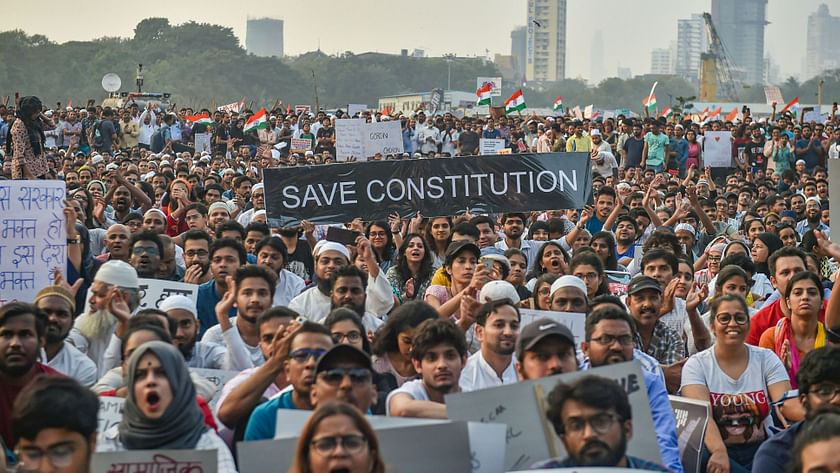A PEEK OUTSIDE THE LITTLE BUBBLE OF YOUR LIFE.
- Team Opinionated

- Aug 9, 2018
- 2 min read
- Vama
I’ve grown up in Mumbai, a metropolitan city. From a very young age I was a victim to all kinds of luxuries. Dinner out, malls, cars. Most of my views of the city were through the glass window of my car, looking on to the tall buildings, faces of other people in other cars and slums. Most of us know what slums are. You’ve probably caught a glance of one when you incidentally looked over your WhatsApp chat and then looked back down because you hadn’t finished typing yet. In that moment you might have seen tiny openings that have curtains for doors, inside that tiny opening, a family on the floor whose eyes were glued to the box like television that wasn’t even placed on a table but on a combination newspapers, pieces of wood and other random objects that could possibly support it.
You most probably felt a twang of something, but then of course, you had your own worries. It’s completely understandable. It does amaze me though, how oblivious we are to these parts of our city and know so little of it even though the environment surrounds us. We like to think that living in Mumbai is exposure to the real world but we don’t realize how much it detaches us from the rural, village life of India. The truly local parts. Perhaps, you took a walk through a slum once or volunteered with an NGO for a few months as a school assignment but are even the most local parts of the city an equivalent of village life in our country? \=
The only information we have about these parts of India is the crime that takes place. Which we very passionately criticize on our social media. Speaking of the famous kathua rape case that just took place, how many people among those who expressed strong opinions about it actually knew the Indian caste system and the history behind it? Why is it that a rape case, a protest or a kidnapping has to take place for anyone in the city to notice these parts of India? Subconsciously then, because this is 80% of the information we have about rural India, this violent, unsafe and aggressive idea becomes the image we form of it.
During the American elections, many of us strongly gave our opinions about it openly and actively. However, how many of us know that much about politics in our own country? I’m not trying to say the exposure, the ideas, the lifestyle we get from city life isn’t a learning but the problem lies in the question: what is the value of the exposure we’re getting if we aren’t exposed to the authentic parts of our own surroundings?
I think it’s time we start doing something about it. Whether it may be going and staying in your native place in the country or just visiting the dharavi slum once in a while, we need to start making that change so that the next time the country unites for something it’s not for a rape case but a simple sense of belongingness and togetherness


Comments